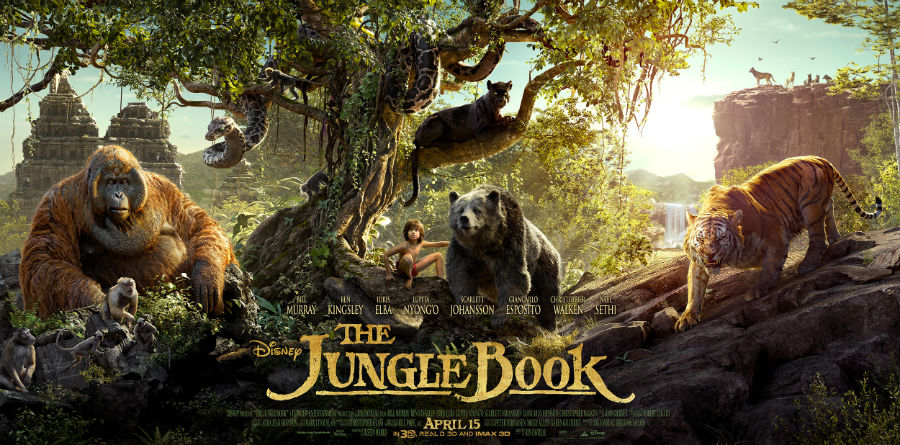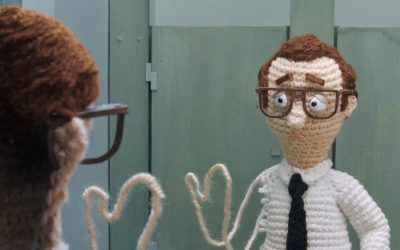© 2016 Walt Disney Pictures
During SIGGRAPH 2016, members of the genius team behind Disney’s live-action, Oscar-winning film “The Jungle Book” (2016) joined attendees on the Production Session stage to present “The VFX of Disney’s ‘The Jungle Book.'” Presenters included Rob Legato, Production VFX Supervisor (Walt Disney Pictures); Adam Valdez, VFX Supervisor (MPC); Andy Jones, Animation Supervisor (Walt Disney Animation); and, Keith Miller, VFX Supervisor (Weta Digital).
According to Legato, every shot in the movie was like a science project because the team had to figure out how to make things look exact and realistic, per Jon Favreau’s direction. Everything needed to feel like a real shot and a real lens.
“The heart of the movie was that fact that we were doing something different but it still felt like the tradition of Disney and the tradition of movies in general,” said Legato.
Here are 10 things you may not know about the production of Disney’s live-action “The Jungle Book:”
1. The opening title sequence of the film was created using Nuke and is an homage to Walt Disney himself and animation history, inspired by the historic multiplane camera.
3. A rig was built to imitate exactly what the muscle of the bear does as it walks and was dubbed the “Favreauator,” after the film’s director. Favreau was quoted saying, “They have to be the most believable animals we’ve ever seen.”
4. Visual effects artists used the less than $5 iPano app in order to stage the physical environment on set so that it matched the virtual environment.
5. Five hundred variations of plants, trees, and other set dressing were developed, which resulted in approximately 31 square kilometers of jungle environment.
6. Jim Henson puppeteers were used to help Mowgli actor Neel Sethi act out emotion in reaction to the animals.
7. Animators were inspired by the “Ultimate Dog Tease” viral video in helping to make the acting choices of the animals seem more realistic.
9. The artists and animation team researched nature documentaries, studied YouTube videos, combed through books on animal anatomy, and attended lectures taught by animal experts in order to build more than 224 unique animals.
10. Massive was used for bug simulation as well as for the smaller monkeys in the King Louie sequence.
Bonus: Visual effects artists created a new system that mimicked live-action cinematography and dailies in order to pre-visualize scenes and determine which angles they would shoot during the final filming stages.
This information was originally presented as a SIGGRAPH Production Session. To learn about the Production Sessions program for SIGGRAPH 2017, click here. Watch “The Jungle Book” on Netflix today or purchase the film from Disney.



